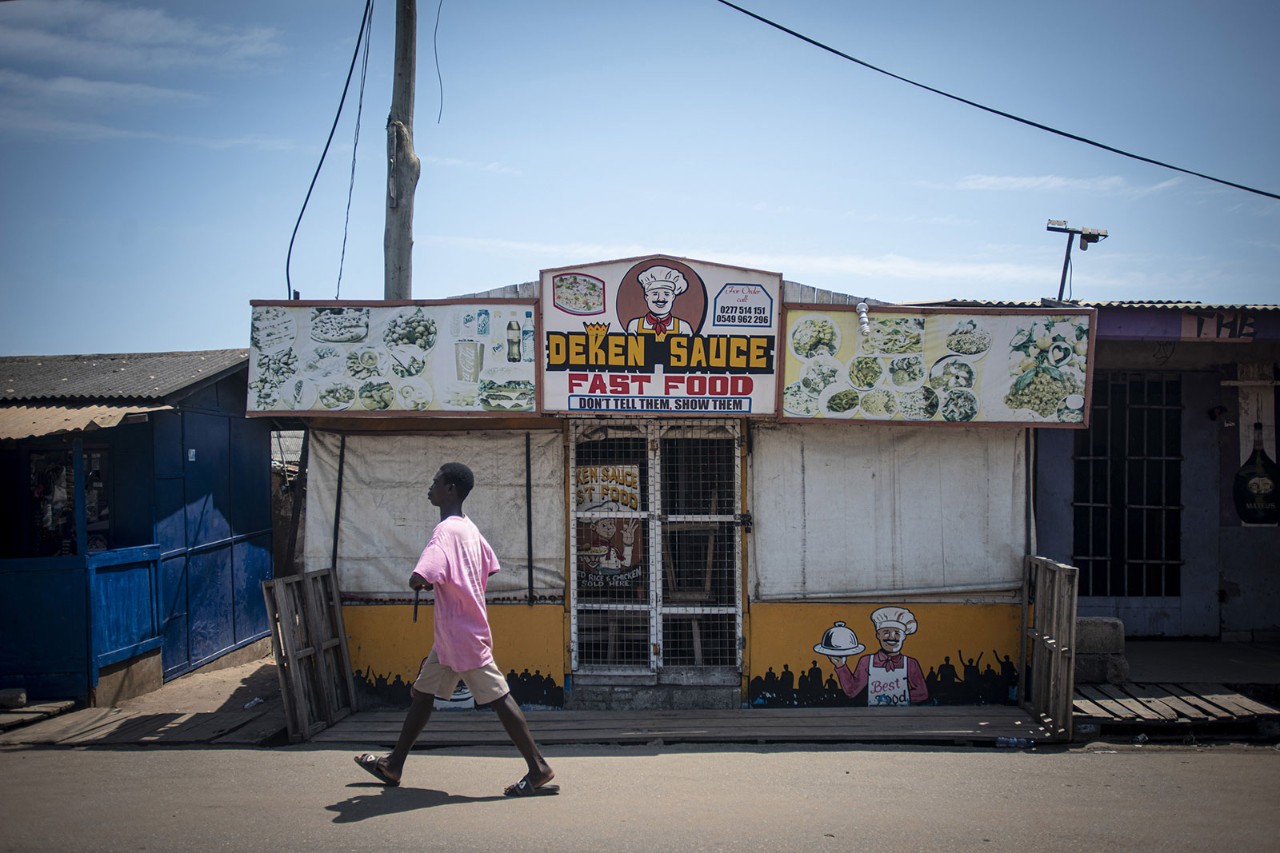
The advance of Covid-19 was slow in Africa and generally less severe in its health effects compared with other parts of the world. The estimated death toll in the continent as of early November was 218,793 from 8,574,614 infections, a number that pales into relative insignificance compared, for example, with Europe’s 1,400,001 deaths out of 74,420,262 infections.
These rates may appear minimal, but the impact of the pandemic on public finance policies and budgets in Africa will be felt for years to come.
Uneven impact
The experience of Covid-19 has been different in different countries, with some far harder hit than others. In Ghana, for example, the impact on public spending has been quite significant following action to save businesses from failure and to bolster economic activity. In May, the interest rate was reduced from 14.5% to 13.5%, the lowest in nine years. The government also took monetary policy measures to safeguard the banks, for example cutting the capital adequacy ratio requirement from 13% to 11.5%. A freeze on mobile bank transactions was also announced, such that customers would not be charged for transactions below GHS100 (approximately US$16).
The South African Reserve Bank reduced the benchmark interest rate to stimulate economic activity
Other measures included an extension of the date for filing self-assessment tax returns for companies with a financial year-end of 31 December to 30 April, and a six-month moratorium on corporate filing returns. Business contributions and financial donations towards the fight against Covid-19 could also be treated as deductible expenses.
Meanwhile public revenues from natural resources have experienced mixed fortunes. On the one hand, gold prices increased from US$1,479 per ounce to above US$1,621.6 in the two years from late 2019, an increase of 9.6%; on the other, the price of cocoa – a significant foreign exchange earner – experienced a decline, from US$2,440 to US$2,253 per metric ton. While this fall in cocoa prices will have impacted tax revenues the rise in gold prices will have compensated to some extent.
Waivers and exemptions
In Nigeria, the decline in crude oil prices from US$63.21 a barrel (November 2019) to US$22.9 per barrel (March 2020) severely diminished government revenues. The government also granted a four-month extension for financial institutions to file returns. The importation of essential medical supplies was also granted exemption from VAT and from import customs duty for a six-month period, effective from 1 May 2020.
These palliative measures will have made a sizeable dent in public funds, given that financial institutions and ports bring in a significant proportion of government revenues.
Individual states within the Nigerian Federation also introduced their own relief measures. Delta state, for example, granted an interest waiver on penalties on outstanding tax charges arising from tax audits of businesses such as education institutions, eateries and hotels for the period 2011-19, while Lagos state extended the filing of annual tax returns for employees and the self-employed by a month.
It came as no surprise when the Federal Government of Nigeria proposed revenue and expenditure budgets for 2022 of ₦10.13 trillion (US$24.7bn) and ₦16.39 trillion (US$39.9bn), respectively, implying a fiscal deficit of ₦6.26 trillion in the coming year. Next year’s budget is set to be financed by borrowing, alongside a rising debt to GDP ratio currently estimated at 35%.
Rising debt
Mauritius experienced an increase in public debt, up from 72.7% of GDP to 78.2%, with an estimated further growth of GDP to debt level to 83.40% expected. As the country began to recover from the pandemic, the government enacted a Covid-19 Act, imposing a special levy on companies, individuals and resident societies that received government wage assistance. The amount of the levy is based the amount of financial assistance received or 15% of taxable income, whichever is lower, payable over a period of two years.
Under the act, the Mauritian public debt ceiling was removed, which fuelled a rise in debt, particularly foreign debt, to finance the budget. The government also granted a double tax incentive to companies impacted by Covid-19 on investment in plant and machinery, as well as pharmaceutical companies for research and development expenditure.
An eight-year tax holiday was also granted to companies engaged in the manufacture of nutraceutical products that began operations on or after 4 June 2020. In addition, Mauritius reduced its VAT rate from 15% to zero on certain medical supplies related to Covid-19 emergencies. The impact of these fiscal and monetary measures will be assessed in the coming years.
South Africa hard hit
In South Africa, among the worst hit countries in the continent, following a 21-day lockdown that closed all activities, the Reserve Bank reduced the benchmark interest rate by 1% in a bid to stimulate commercial activities in the economy.
For mining companies, income tax legislation appears to have an ameliorating provision that allows them to claim any expenditure incurred during any period of non-production (such as during the lockdown), on development, general administration and management, including interest charges on loans used for mining purposes. These are considered as capital expenditure for tax purposes and can therefore be capitalised.
The full effect in the aftermath of the Covid-19 pandemic in Africa is yet to be ascertained. While the cost in terms of human lives has been limited compared with other continents, the knock-on socio-economic effects are considerable. Public budgets for 2022 must serve as a reliable springboard to turbocharge the world’s greenest economy.

